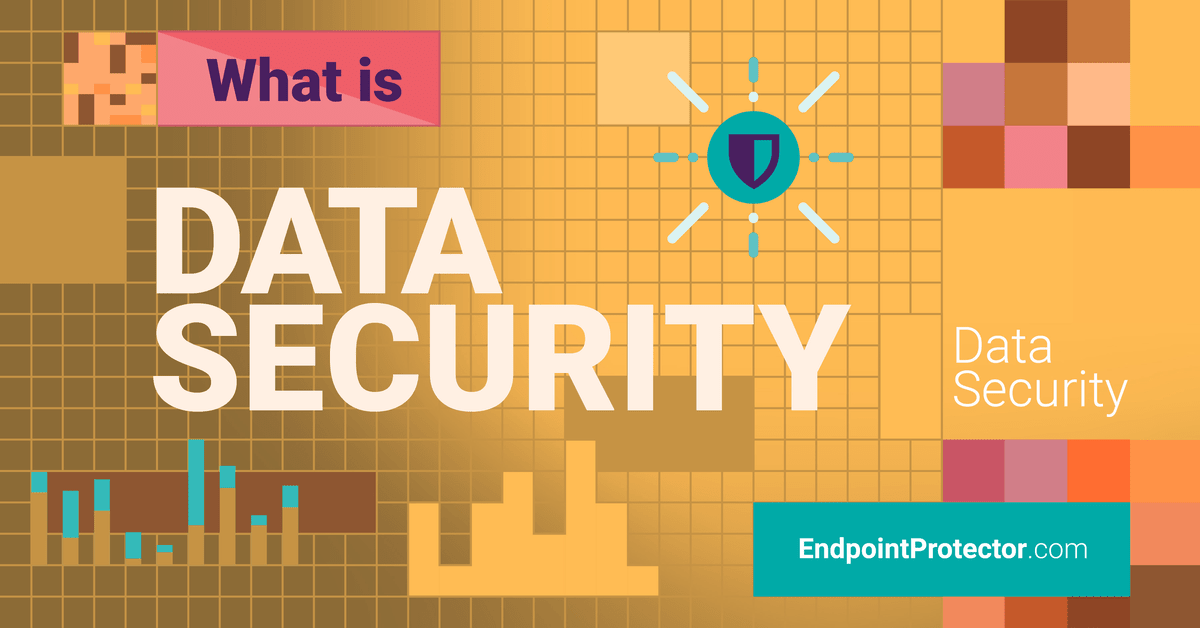For a person to successfully navigate an increasingly digitised modern world, some expertise in data security can be hugely beneficial. This doesn’t mean that we all need to become computer science experts – but if you’re transmitting sensitive data using zeros and ones, then you’ll want to take sensible precautions to ensure that the data isn’t intercepted and exploited.
So what do these precautions amount to? Let’s consider a handful of helpful things to consider.
Recognise the Growing Threat Landscape
Every year, the Department for Science, Innovation & Technology conducts a survey into how UK-based businesses have been affected by cybercrime. The most recent survey, carried out in late 2024, found that around 7.78 million attacks were experienced over the course of the year, and that around half of all companies experienced a breach.
Phishing remained the most prevalent threat, though there was a pronounced increase in ransomware attacks. Each breach cost the company involved around £10,000, on average – though some breaches were obviously far more significant than others.
Implement Robust Cyber Hygiene Practices
Having made ourselves aware of the shape and scale of the threat, we might still wonder what can be done about it. The first thing to consider is the quality of your malware protection, which is there to screen out malicious code. Make sure that your firewalls and operating system are suitably updated, since old code might contain vulnerabilities that are only addressed after they’ve been identified.
Secure Your Devices and Connections
The practice of using a Virtual Private Network to protect your privacy is not a new one, though it has enjoyed particular salience in the wake of the Online Safety Act. If you’re sending or receiving sensitive data using a public Wi-Fi network, a VPN might be invaluable. This is especially important if employees are working remotely in public places. For the same reason, all devices should be protected with the help of strong passwords and biometric security.
You can often find a VPN app that’s developed especially for your device. For example, a VPN for iPhone might be installed and activated in a matter of seconds.
Stay Informed and Prepared
It’s important to bear in mind that the landscape of data security is constantly shifting. The security measures of today might not be enough to safeguard against the threats of tomorrow, especially given the pace at which AI technology is developing. It’s important that you regularly refresh your own knowledge, and that of your business. The UK’s Information Commissioner’s Office (ICO) reports that, in 2024, it completed 1,991 personal data breach cases. The threat, in order words, has never been more pressing!
Conclusion
In conclusion, safeguarding your data is no longer optional in today’s digital age—it’s a necessity. By following essential security practices such as using strong passwords, enabling two-factor authentication, regularly updating software, and being cautious of phishing attacks, you can greatly reduce your risk of falling victim to cyber threats. Data protection requires vigilance, consistency, and awareness, but with these proactive measures, you can ensure that your personal and sensitive information remains secure. Stay informed and take action now to protect your digital life from potential breaches.
You may also read: Comfort and luxury in between the countryside beauty


